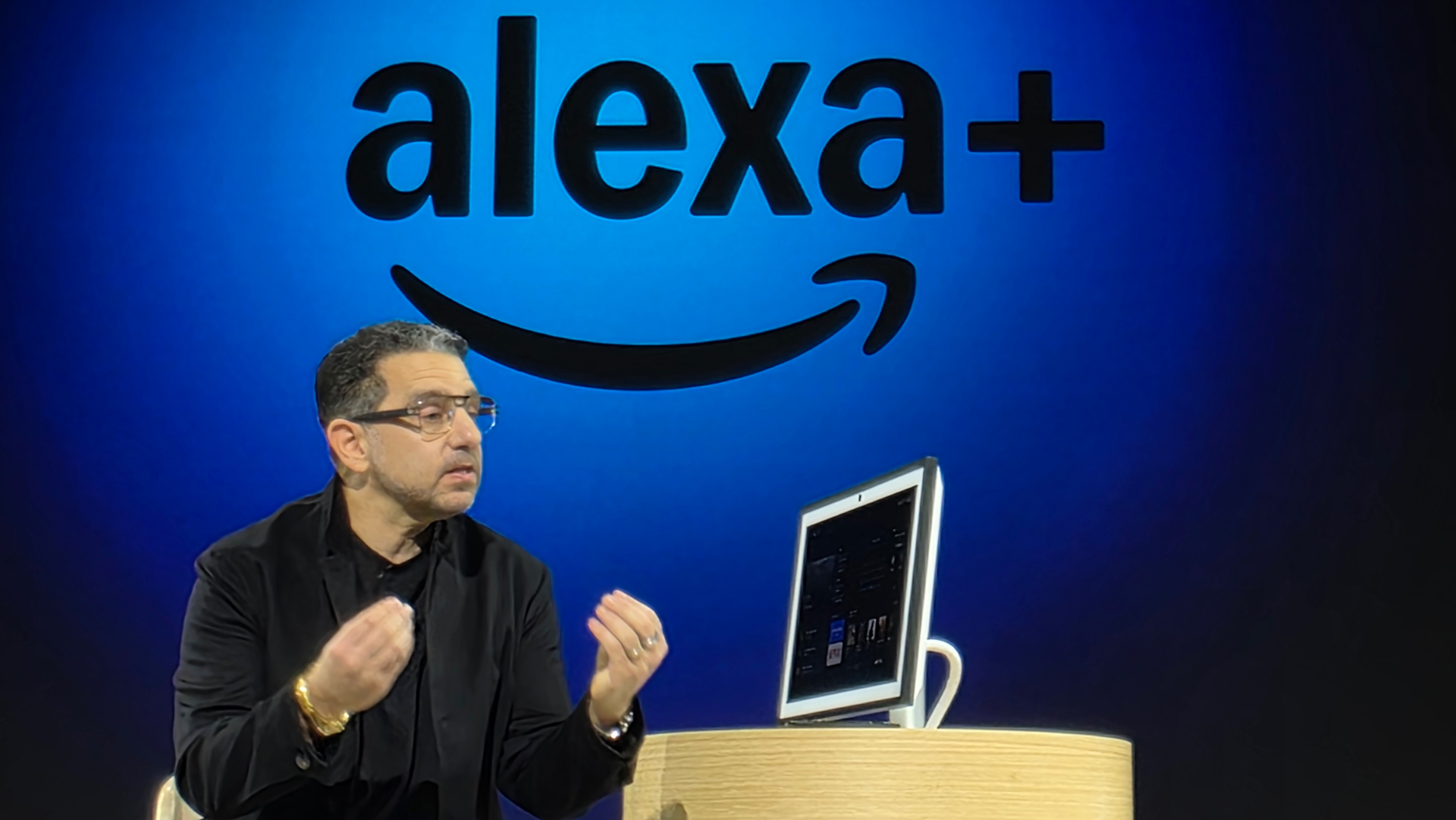Key Takeaways
- Amazon’s CEO hints at the introduction of advertisements in Alexa+, indicating a shift towards monetization.
- Potential new subscription tiers may offer both ad-supported and ad-free options.
- Concerns arise about the undermining of trust in AI recommendations due to possible paid advertisements.
Possible Changes Ahead for Alexa+
Recent comments from Amazon CEO Andy Jassy suggest that advertisements may soon be integrated into the Alexa+ experience. During a recent investor call, Jassy noted that users increasingly engage in multi-turn conversations, which creates opportunities for ads to enhance product discovery and generate revenue. This raises the prospect that users might encounter sponsored responses when requesting shopping recommendations from Alexa+.
Currently, Alexa+ is available as part of an Amazon Prime subscription or for a monthly fee of $19.99. Jassy hinted at the possibility of introducing additional subscription tiers, which could include options for both ad-supported and ad-free experiences. However, this prospect has sparked concerns among users about the integrity and reliability of AI responses. If Alexa’s recommendations are influenced by advertisers, this could significantly diminish the trust that users place in the service.
The presence of ads raises crucial questions. If a user receives a recommendation alongside a clearly marked sponsored product, it might lead them to question the sincerity of all suggestions provided by Alexa. Furthermore, if Alexa were to offer sponsored content without explicit labeling, it would be difficult for users to discern which recommendations are genuine, leading to a lack of trust in the entire system.
The introduction of ads is not wholly unexpected. The push for monetization in AI tools has been a growing trend. Companies are under pressure from investors to find ways to profit from substantial investments in AI technology. Jassy’s remarks reflect a broader industry transition toward ad-based revenue models, akin to paid promotions seen on platforms like Google and Amazon’s own marketplace.
This evolution suggests a departure from the ideal of AI systems serving as unbiased advisors. Users had hoped for something akin to a “Jarvis-like” experience—an intelligent assistant capable of providing trustworthy advice without commercial influence. As advertisements enter the equation, there are fears that the AI landscape could become increasingly compromised, reducing the quality and reliability of AI interactions.
In summary, while users may have enjoyed a short reprieve from intrusive ads with their Alexa+ experience, the forthcoming changes could redefine how these interactions occur and challenge the perception of AI as a neutral advisor. The potential shift toward ad-supported AI platforms is likely to provoke substantial debate about trust, bias, and the future landscape of automated assistance.
The content above is a summary. For more details, see the source article.















